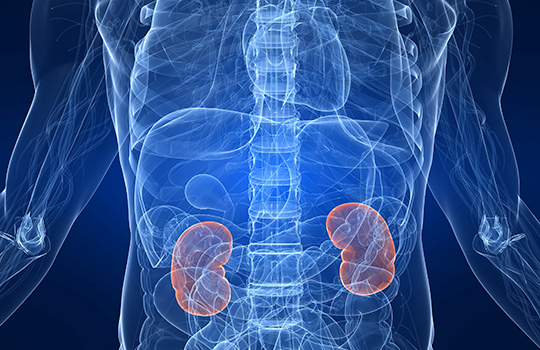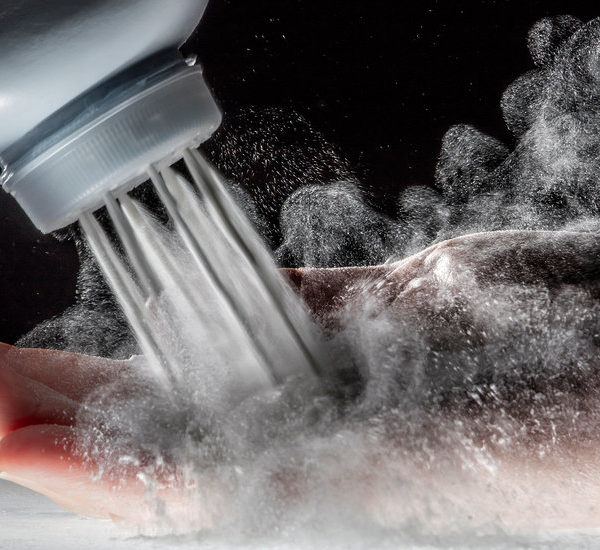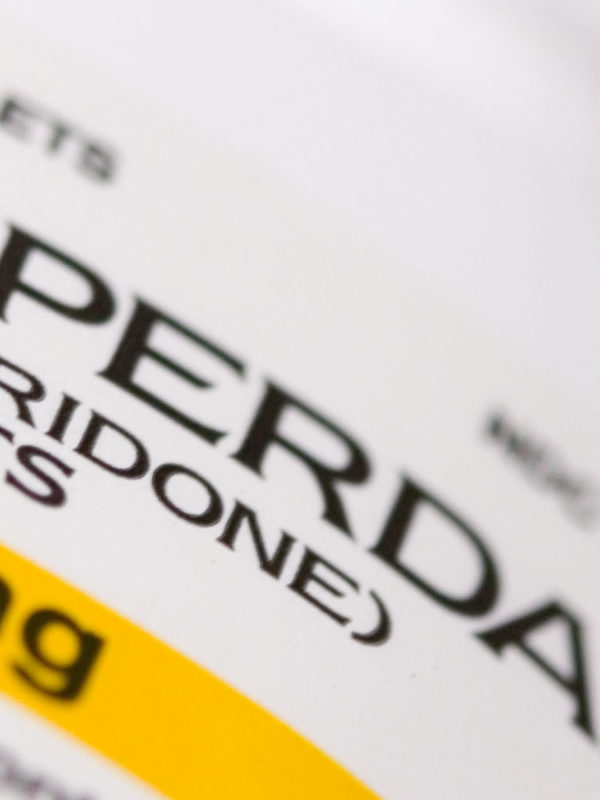As mentioned, the full mechanisms of action are not fully known for Abilify. This means that we can’t safely rule out potential side effects, or confidently make claims about the health benefits.
What we do know, is that Abilify mimics the role of dopamine in the brain. Dopamine is a highly important neurotransmitter that is involved in reward-motivated action. Dopamine is released when the brain is working toward a reward and when we believe we are doing something of importance. This helps us to stay focussed and motivated and it encourages the formation of new neural pathways to help us re-enact that behaviour in future.
Low levels of dopamine have been suggested as one potential cause of depression, whereas excessive amounts can lead to psychosis. Abilify aims to help ensure that levels of dopamine in the brain are correct. This is where the company’s ‘thermostat’ analogy comes into play.
But this is a drastic oversimplification and a truly unsubstantiated claim.
The problem is that increasing dopamine can also lead to unwanted behaviors, as the brain mistakes more menial tasks for being rewarding and beneficial. Abilify has no way of knowing the precise amount of dopamine in the brain and therefore does not really work as a thermostat at all – it is more akin to simply turning up the temperature without knowing what the temperature is currently.
This is especially pertinent seeing as many other things can cause depression – such as pro-inflammatory cytokines (brain inflammation) or low serotonin. It may be that the patient’s levels of dopamine are just fine before they start taking the medication!
Dopamine also has different roles and quantities depending on the brain region that it is released in. Only certain neurons contain dopamine receptors and these tend to be clustered in specific brain regions. Raising dopamine across the entire brain will have numerous knock-on effects that we can’t predict or fully understand yet.
Then there’s the fact that you can’t simply increase one neurotransmitter without expecting it to affect the production of others. Increasing dopamine for example will also increase other ‘stress hormones’ like cortisol and norepinephrine.
Not only that, but increasing dopamine through unnatural methods can actually lead to production being permanently downregulated in the brain. In short, the brain can detect a ‘surge’ in dopamine and respond by producing less naturally. This is called ‘tolerance and dependence’.
In short, the FDA concluded in its 2015 letter that:
“The totality of these claims and presentation is misleading because it implies that Abilify offers advantages over other currently approved treatments for bipolar disorder or depression when this has not been demonstrated.”
In 2016, Bristol-Myers Squibb reached a $19.5 settlement for this unlawful marketing and for downplaying the risks.





